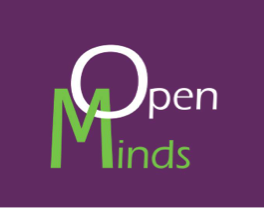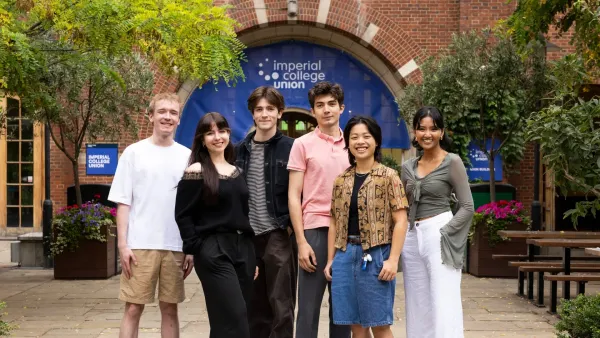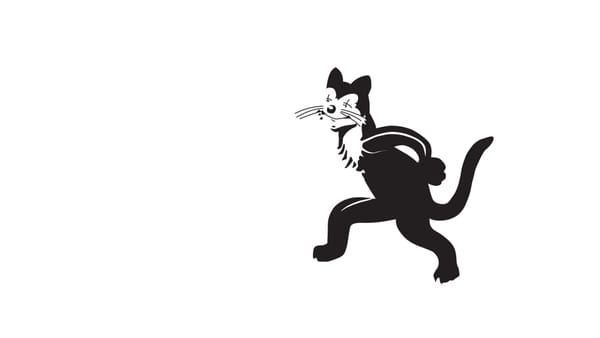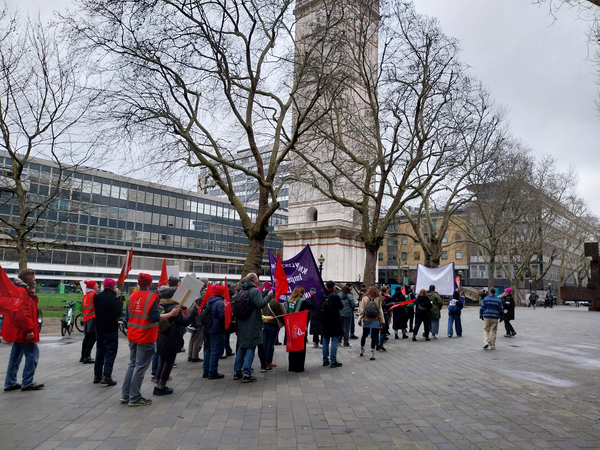Hear Hidden Voices of Africa at ICBS
Two local men, Chris and Ally, saw the plight of teenagers and decided to set up a centre where young people can learn basic skills. Together, through much personal sacrifice, they purchased a building in Usa River, about twelve miles outside Arusha.
Hope comes before sunrise, a dream in hand and the promise of a better future. For the children of Tanzania, this is not always true. Less than 20% of Tanzanian children have access to secondary school education. This is due to the lack of funds and secondary schools that do not work closely together. However, a glimmer of hope comes in the form of TEKUA. As an education centre that provides free education for the neediest students, TEKUA aims to empower its students with knowledge, giving them a means to make a living. TEKUA gives them hope, and our dream of a better future. Two local men, Chris and Ally, saw the plight of teenagers and decided to set up a centre where young people can learn basic skills. Together, through much personal sacrifice, they purchased a building in Usa River, about twelve miles outside Arusha. There are about 120 students in TEKUA. All students (ages 13-25) come from impoverished backgrounds who cannot afford regular secondary school education. The students of TEKUA study English, Art and basic IT skills. Learning English allows them to gain employment as safari guides and the other subjects equip them with the skills necessary to set up their own businesses and sell what they have created. This allows them to make a living to support themselves and their families as well as to be able to join the workforce. TEKUA relies heavily on donations from charitable organisations such as Helping Africa 100 to fund the education centre and its activities. However, 10% of their expenditure comes from self-sustaining ventures such as the selling of artwork and souvenirs made by their students. This reliance on donations is worrying; when financial difficulties arise, very often the grants dry up. This happened in 2008, when the financial crisis caused TEKUA to nearly shut down due to a lack of funds. Enactus Imperial began its involvement with TEKUA in 2007, when project founder Kushboo Lalwani visited Tanzania and discovered it. She saw firsthand what she had always seen in the media – the deprived conditions under which the locals were living. She saw how the absence of the most basic ideas and objects were hindering the growth of a Tanzanian child in every dimension imaginable. She came back to Imperial and decided to import the artwork that she had seen in Arusha. She, with the help of other students, went on to display it in a very successful exhibition. The capital raised was used in relocating the TEKUA to a better location, positioning it within the reach of the larger region. In recent years, the economic situation in Tanzania has been improving. More tourists than ever are visiting the safaris, making the Arusha region a staple location on the savvy traveler’s list. However, the safari industry is becoming increasingly saturated, prompting TEKUA to begin teaching new courses in carpentry and furniture making. Vocational skills such as these are in demand in rural areas, where a trip to the furniture store in the commercial centre of Arusha is a luxury few can afford. However, many students graduating from their course at TEKUA find themselves with the skills, but without the tools to make a living. One of the causes that money from the exhibition will go to is the funding of carpentry kits for the brightest students, allowing them to sustain themselves once they graduate. In this way, by supporting themselves and not being reliant on charitable donations, the sustainable source of income will see them through longer than a simple grant can. Enactus Imperial this year also hopes to engage both students and teachers of TEKUA from the UK through the internet. Generous donations of computers and hardware equipment from businesses have allowed TEKUA to set up its own little cyber café, the profits of which go to sustaining the education centre. The team aims to develop a package of teaching materials, geared both at teachers and students of Tekua, to empower them with soft skills such as basic management and fundamental finance. Doing this would benefit not only the teachers in their job of running the centre; the students would also have a chance to be taught skills and concepts they would otherwise not have access to. With students going from primary school to TEKUA, and then directly into jobs that force them to balance their expenses from day one, failure to empower is not an option. The situation in TEKUA has improved much in the past decade, and the centre has grown to be able to accommodate more students, lifting them out of backbreaking poverty. Enactus Imperial has worked with the centre since 2007 and seen it go from strength to strength. Much still needs to be done, however, and for all the students that pass through its classrooms, it’s a drop in the bucket compared to the overwhelming need for education in the country. Faced with such statistics, it’s easy to lose hope. TEKUA refuses. Its drive to give underprivileged Tanzanians a better shot at life, its willingness to be the boy that throws just one more starfish into the ocean, has brought it this far. Whenever help is needed, wherever we can provide it, Team TEKUA and Enactus Imperial will be there. But, will you? Enactus Imperial hereby invites you, the reader to the ART EXHIBITION: TEKUA – the Hidden Voices of Africa showcasing an intriguing blend of styles and unique mediums - highlighting the versatility of minds and talent of the students. WE see past, present and future in different aspects through expression and realism of their artwork. It will be on the 4th December at the Imperial Business School Entrance. Come and be amazed! We will also be selling doughnuts to raise money, so grab one while stocks last!




